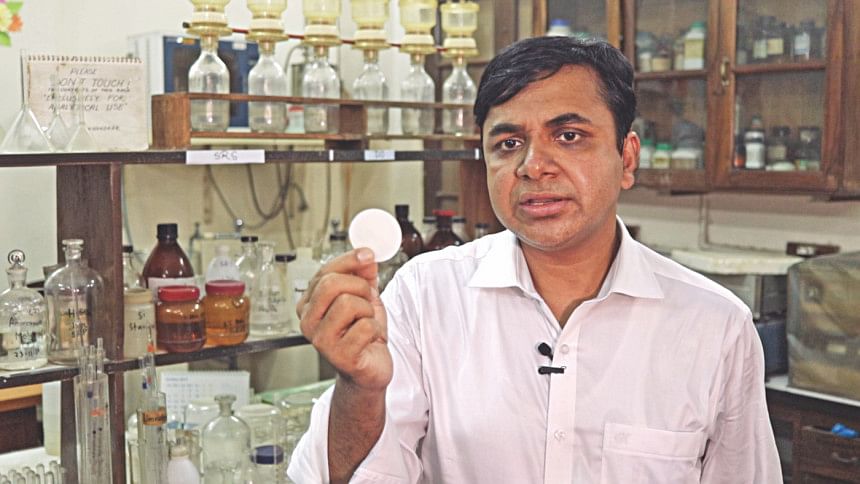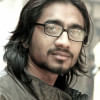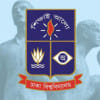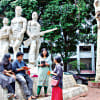An aquatic solution to purifying water
Even in this day and age of technological advancement when many things that were unthinkable 10 years ago are now commonplace, the millennia-old problem of availing safe, clean water for everyone remains one of the biggest challenges for humanity.
But solutions to big problems are often simple -- hiding in plain sight, and a group of researchers from Bangladesh and Sweden seem to have come across one.
Scientists from Dhaka University and Uppsala University have joined hands to make a nano-filter that can keep out all kinds of bacteria and viruses, using a macro-algae (commonly known as ‘sheola’ in Bangla) named “pithophora”, that grows abundantly in Bangladesh. They say it can save lives of almost 15 million people, who lack access to safe water in Bangladesh.

Algae grows in abundance at almost all natural waterbody in the country. To study this organism’s untapped potential, Khondkar Siddique-e-Rabbani -- honorary professor of biomedical physics and technology department of Dhaka University (DU) -- co-ordinated a project with a team of scientists from Uppsala University, Sweden (UU), headed by Albert Mihranyan, a senior lecturer of nanotechnology and functional materials.
Prof Md Almujaddade Alfasane of DU’s botany department, Prof Anwara Begum of DU’s microbiology department, and Sharmin Zaman, a research scientist at the Centre for Advanced Research in Sciences, were part of the Bangladeshi research team. The latter two worked on the effectiveness of the filter.
Prof Almujaddade suggested using “pithophora” instead of “cladophora”, which was the original algae used by Mihranyan. This suggestion was made due to pithophora’s rapid growth rate.
Prof Almujaddade mentioned, “The pithophora was collected from different habitats of Bangladesh and cultured in the botanical garden of DU. Then we processed and sent it to Sweden. This nano-filter is capable of removing all types of bacteria and viruses, which are pathogenic, from contaminated water.”
Prof Anwara explained that some technical modifications are still required to make it affordable and available for public use.
In an article published on the UU website, Mihranyan mentioned, “Pithophora algae have been largely overlooked in the past as a valuable raw material. It is with great satisfaction that we can now document excellent pathogen removal clearance for both water-borne bacteria and viruses with efficiency above 99.99 percent. It can purify even the smallest virus particles of 27-28 nanometres.”
Prof Khondkar mentioned, “Access to clean water will contribute strongly to improving health, thus educing poverty. We are optimistic that through future development of devices, the filter paper produced from locally grown algae will be useful to prevent potentially deadly water-borne diseases and improve the quality of life for millions of people”
According to the World Health Organization (WHO), nearly 750 million people around the world lack access to clean water.
In 2018, about 15 million people of Bangladesh lived below the extreme poverty line of USD 1.90 per day. The hyper-high population density, poor hygiene, and lack of clean water increases the risk of spreading water-borne infections.
Dhaka and Chattogram are the only cities with extensively piped water and sewage systems, but even their water has been found to be far from safe, and are contaminated with infectious pathogens due to infrastructural reasons.
Prof Rabbani, however, says this is just a headway. “It will be still some time until this technology can reach hands of the users.”
Prof Almujaddade, meanwhile said, “The technology belongs to Uppsala University. But we will talk to them on how we can bring this to our country in the future, as this kind of technology is developed keeping in mind people of low-income groups in developing countries.”

 For all latest news, follow The Daily Star's Google News channel.
For all latest news, follow The Daily Star's Google News channel. 








Comments